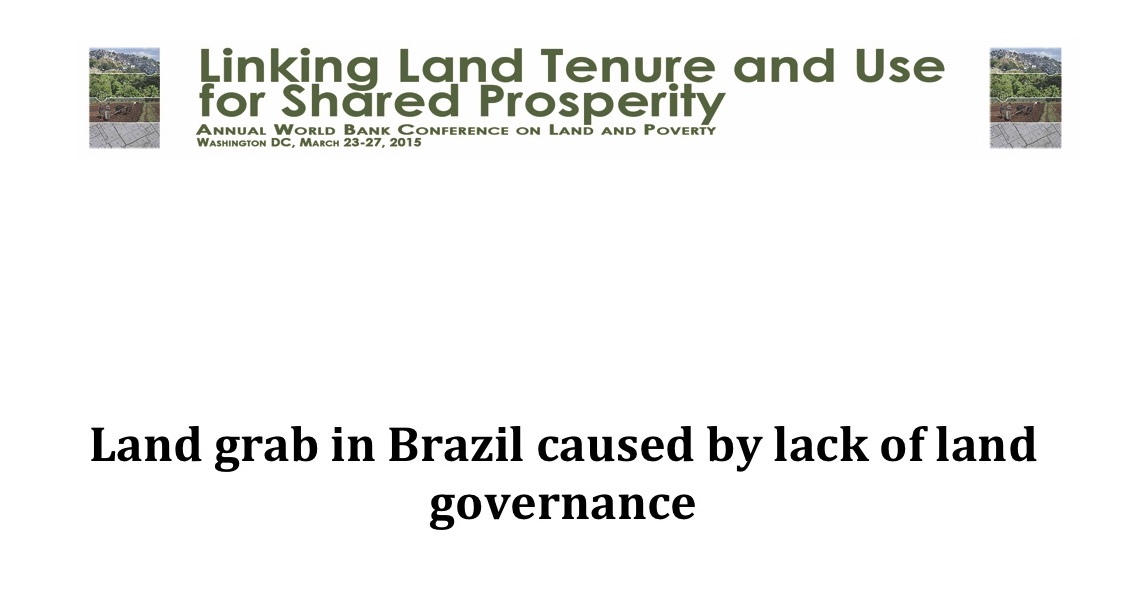The Philippines : Toward a Better Investment Climate for Growth and Productivity
This working paper concerns the growth
of investment climate in the Philippines. There are several
resounding ideas in areas both positive and negative. The
growth potential in the Philippines is considerable. The
country has significant natural resources; a large pool of
managerial and entrepreneurial talent; and widespread
proficiency in English. The Government's Medium Term
Development Plan (MTDP), 2005-2010 sets ambitious growth and




